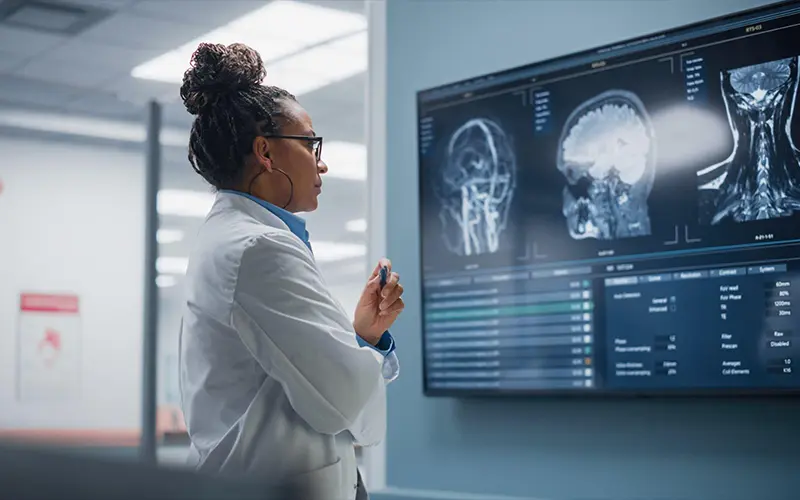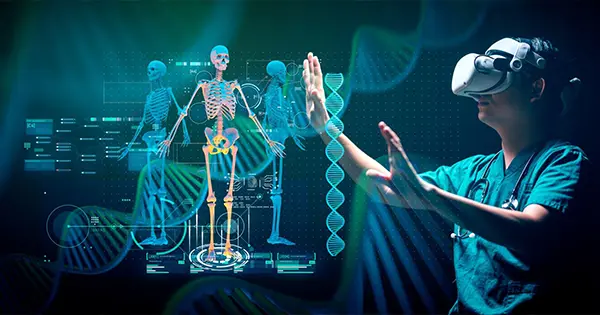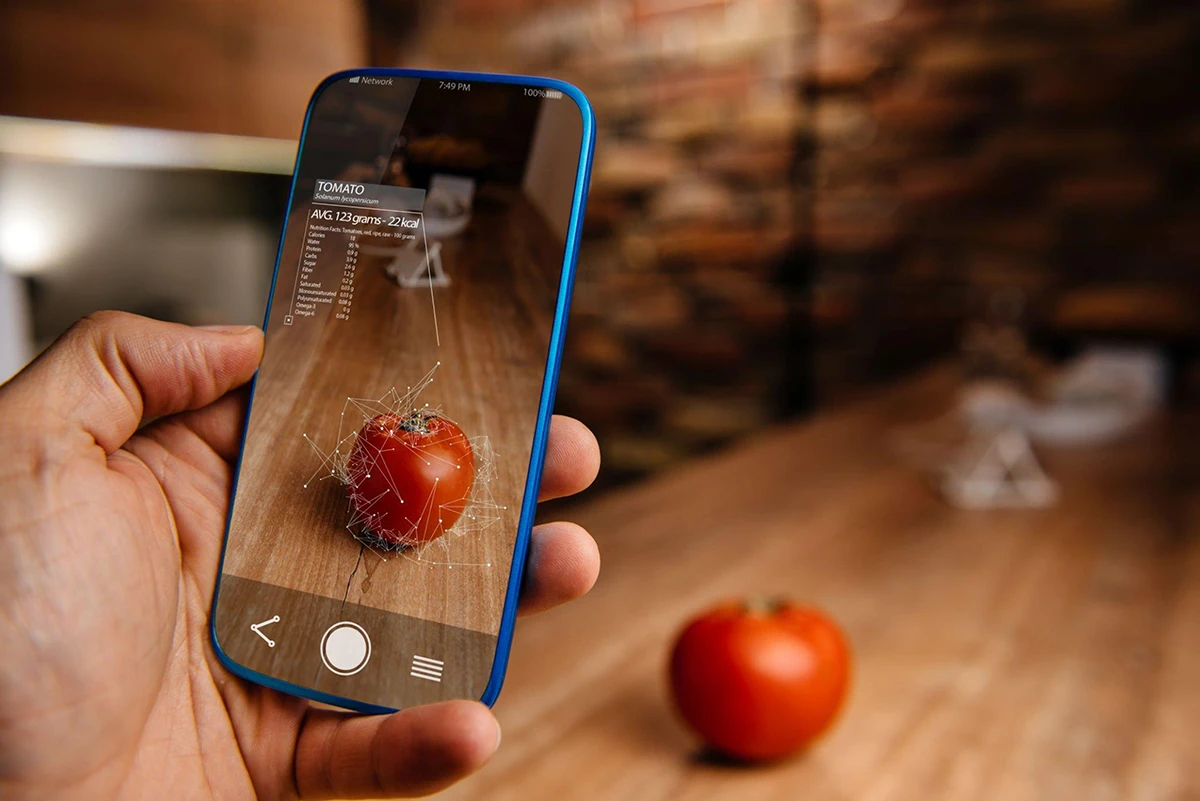The healthcare industry has undergone tremendous changes over the years, with technology playing a crucial role. The advent of technological advancements has revolutionized how healthcare providers deliver care, improving patient outcomes and access to care. In this article, we will explore the role of technology in healthcare and how it is transforming the industry.
Improving Patient Outcomes
Technology has significantly improved patient outcomes by enabling healthcare providers to deliver more effective and efficient care. With the help of technology, healthcare providers are now able to provide personalized care, track patient progress, reduce medical errors, and improve patient safety. One of the most impactful technologies in healthcare is electronic health records (EHRs). EHRs have revolutionized how healthcare providers store, manage, and share patient information. They have made it easier for healthcare providers to access a patient’s medical history, track their progress, and provide personalized care. Additionally, EHRs have reduced medical errors and improved patient safety by providing accurate and up-to-date information to healthcare providers.
Another technology that has improved patient outcomes is telemedicine. Telemedicine allows healthcare providers to remotely diagnose and treat patients using videoconferencing technology. Telemedicine has made it easier for patients in remote or rural areas to access healthcare services, reducing the need for travel and improving access to care. Additionally, telemedicine has reduced wait times and made healthcare services more convenient for patients. Patients can now receive medical consultations, get prescriptions, and even have follow-up appointments online.
The use of artificial intelligence (AI) has also significantly improved patient outcomes. AI can analyze large sets of patient data and provide healthcare providers with insights that can help them make better diagnoses and treatment decisions. AI can also help healthcare providers personalize treatment plans for individual patients based on their medical history, genetic makeup, and other factors. By analyzing patient data, AI can identify early warning signs, predict disease progression and recommend personalized treatment plans for patients.
Improving Access to Care
Technology has also improved access to care by making healthcare services more affordable and convenient. With the use of technology, healthcare providers can now deliver care beyond physical boundaries, reducing the need for patients to travel long distances for medical consultations. One of the most significant technologies in this regard is mobile health (mHealth). mHealth refers to the use of mobile devices, such as smartphones and tablets, to deliver healthcare services. mHealth solutions include apps that allow patients to monitor their health, receive reminders for medication, and schedule appointments. Additionally, mHealth has made it easier for patients to access medical information and communicate with healthcare providers remotely.
Another technology that has improved access to care is wearable technology. Wearable technology, such as fitness trackers and smartwatches, allows patients to monitor their health and track their progress. Wearable technology has made it easier for patients to manage chronic conditions, such as diabetes and heart disease, by providing real-time data on their health. Additionally, wearable technology has made it easier for healthcare providers to monitor patients remotely, reducing the need for in-person visits.
Virtual reality (VR) technology is also improving access to care. VR can provide patients with immersive experiences that can help them manage pain, anxiety, and other health conditions. For example, VR can be used to distract patients during painful procedures, reducing their perception of pain and anxiety. VR can also be used to provide patients with exposure therapy for anxiety disorders, such as post-traumatic stress disorder (PTSD).
Future of Technology in Healthcare
As technology continues to advance, we can expect to see even more transformative changes in the healthcare industry. One of the most exciting areas of technology advancements is in the field of genomics. Genomics is the study of an individual’s genes and how they interact with each other and the environment. With the help of genomics, healthcare providers can now predict a patient’s risk of developing certain diseases based on their genetic makeup. This knowledge can help healthcare providers personalize treatment plans for individual patients and even prevent certain diseases from developing.
Another area of technology advancements is in the field of robotics. With the use of robots, healthcare providers can perform surgeries with greater precision and accuracy, reducing the risk of complications. Robots can also be used for patient care, such as assisting with mobility, monitoring vital signs, and dispensing medication.
The use of blockchain technology is another exciting area of technology advancements in healthcare. Blockchain technology can help improve patient data security and privacy, as well as streamline healthcare data sharing between healthcare providers. By using blockchain technology, healthcare providers can securely share patient data while ensuring patient privacy.

Conclusion
Technology has revolutionized how healthcare providers deliver care, improving patient outcomes and access to care. The healthcare industry will continue to evolve as new technologies emerge, and healthcare providers will need to adapt to these changes to provide the best possible care to their patients. With the help of technology, we can hope to achieve better health for everyone. As we continue to explore the potential of technology in healthcare, we can expect to see even more exciting advancements in the future.






